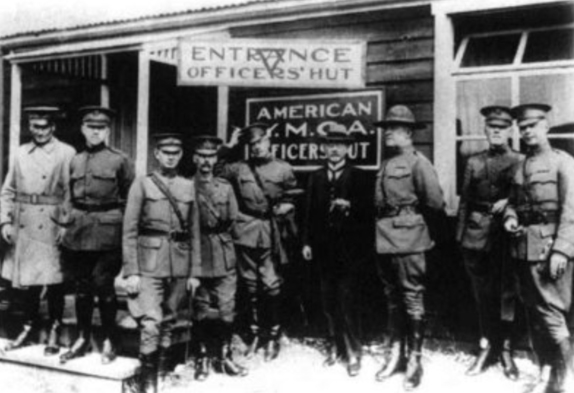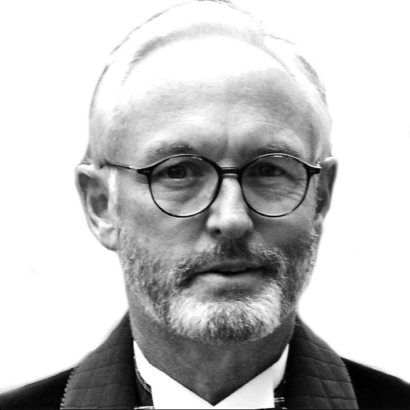If: The Untold Story of Kipling’s American Years by Christopher Benfey
The time feels ripe for a Kipling revival, and this splendid book by Christopher Benfey is just the thing to launch it.
To the extent Americans today think about Rudyard Kipling at all, it’s probably with some dim sense that he had something to do with Disney’s The Jungle Book. Then there was that wonderful movie with Sean Connery and Michael Caine—what was it called?—ah, yes: The Man Who Would Be King. Didn’t Kipling have something to do with that? And recently in the news was that English university whitewashing Kipling’s poem “If–,” inscribed on a campus mural, and substituting a more politically correct one by Maya Angelou.


